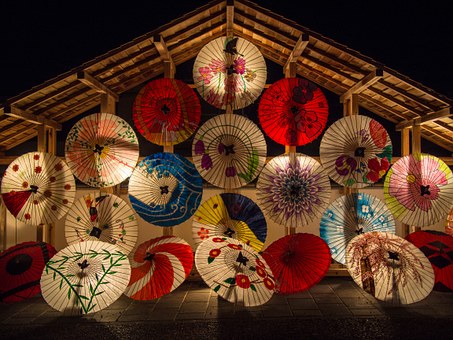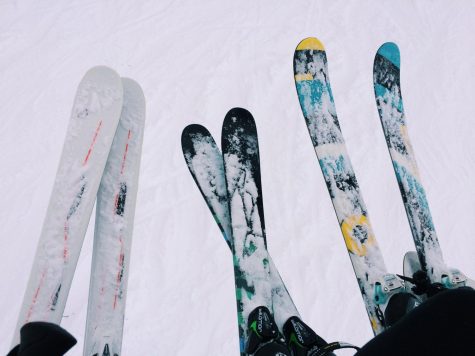Gun Control Around the World
May 17, 2018
The subject of guns has been a controversial debate for the last two decades. The issue originally being sparked in the United States by the school shooting in Columbine, Colorado in 1999. The American government has been slow to enact any change on how guns are bought, registered, or monitored. To give Americans possible solutions to gun control, it is important to look at how other countries have structured gun laws and if similar laws should be suggested in the United States.
Canada, America’s northern sister, has similar gun laws with a few major differences. Guns are classified in three categories ranging from handguns to automatic rifles, unrestricted, restricted, and prohibited. Prohibited guns cannot be bought and can only be owned if they’re grandfathered or specific handguns from before 1946. For a citizen to own a restricted gun, they must obtain a federal registration certificate. Another small difference is that a public safety course is required to own a gun.
Australia banned all semi-automatic and automatic rifles in 1996. To end the gun violence plaguing the country in the early 1990s, the Australian government instituted a temporary buy-back program that took ⅙ of the assault weapons out of public circulation. The Australian government passed a law that required gun owners to give a “genuine need” for owning particular guns. Australia also has a similar safety course required to purchase weapons.
The United Kingdom has relatively strict gun laws amongst first world countries. Handguns cannot be owned by the general population, these strong restrictions were caused by two tragedies, the first being the Hungerford massacre in 1987. This shooting took the lives of seventeen people including a gunman. The second shooting, known as the Dunblane massacre, occurred at a Scottish primary school in 1996. Sixteen schoolchildren were killed, along with a teacher and gunman. These shootings galvanized the public into supporting anti-gun campaigns, leading to legislation banning semi-automatic rifles, pump action-firearms, and handguns. This gun control was helped by the British government initiating an aggressive gun back program, with two hundred million dollars being used to purchase one hundred and sixty-two thousand guns from the public.
North Korea is the opposite of most of the countries discussed here; it is considered a third world country with an oligarchy style government. The laws surrounding guns in North Korea are exceptionally strict, no civilian may own a gun or ammunition. However, the North Korean military has over six million firearms.
Israel
Israel is unique to this list of countries because it is the only country with compulsory military service, meaning that it is legally required for citizens to serve two to three years. Included in this military service is weapon training, afterward, guns are apart of many Israelis’ lives until they’re discharged.
The civilian guns laws include a ban on assault weapons and the requirements of being at least 21 years old, the ability to speak basic Hebrew, and a genuine reason for owning a gun, such as self-defense or hunting. The application process for owning a gun in Israel is difficult, with 40% of applicants being denied every year. The permit given is tied to a specific gun and the amount of ammunition is limited to fifty rounds.
United States of America
America has relaxed gun laws in comparison to other first world countries. The Second Amendment to the U.S Constitution gives citizens the right to bear arms. Many gun control laws are left for state governments to decide. However, the federal government does mandate that background checks are necessary for any citizen who wants to own a firearm. In some states, it is required for anyone trying to obtain a gun to be fingerprinted or take a course on gun safety. In all fifty states, there are concealed carry laws that allow citizens to carry some type of firearm in public. Forty-two states require a concealed carry permit, the other eight states do not.
Gun laws in each country are able to function partly because of the local gun culture. Many critics of Israel gun laws have claimed that the low crime rate is because of the gun culture and has little to do with the strict gun laws. Many of the firearms that Americans own are deeply engraved in their culture and way of life. Any strict federal guns laws will see heavy opposition from those who see guns as a part of their culture. For any type of change to help keep Americans safe, it is necessary to understand that there are people who are strongly against gun control. Hopefully, the United States can move forward by using gun control accompanied with other solutions, such as a focus on mental health and adding security to schools.







